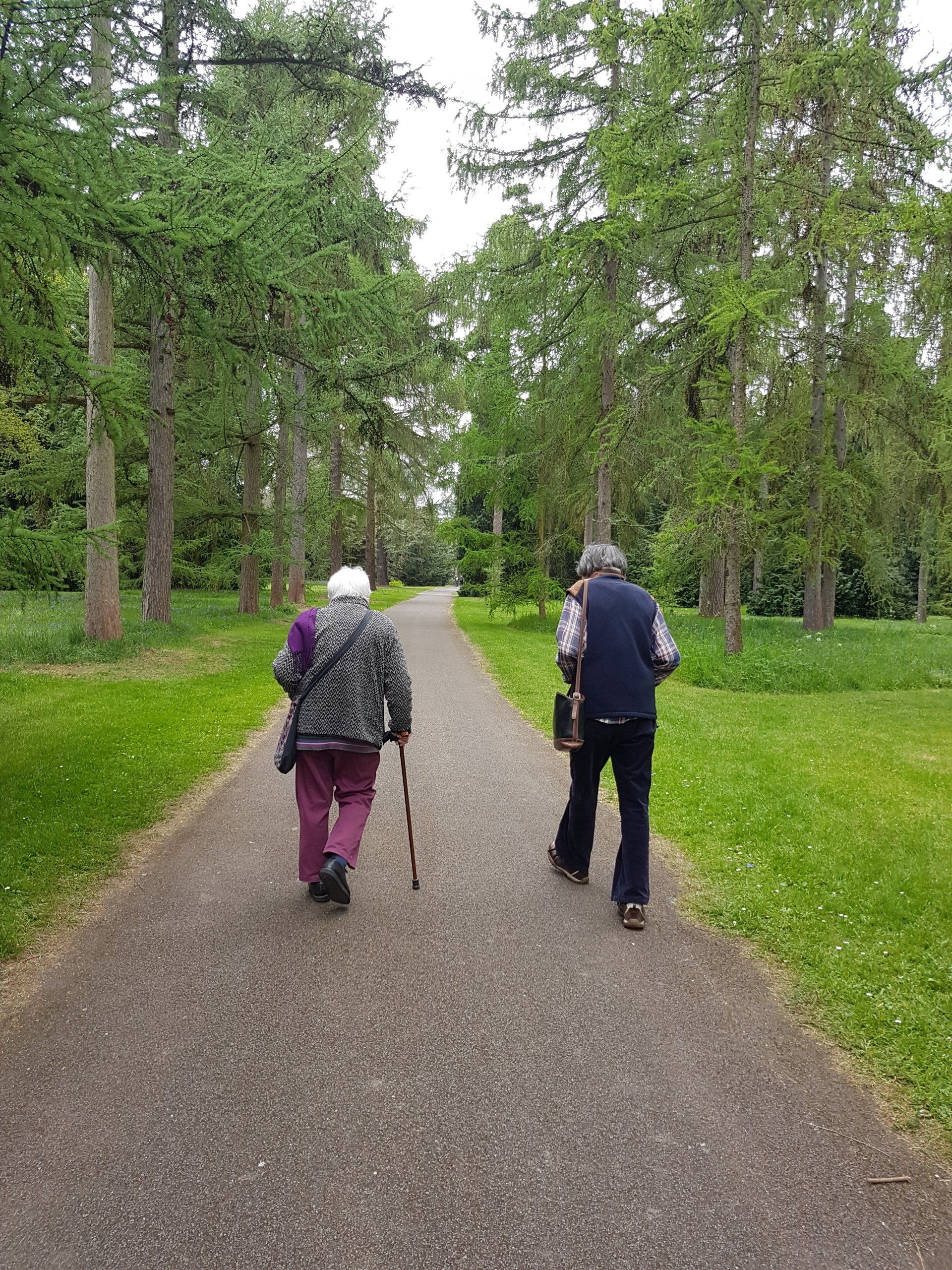Ageing in Place
Ageing in Place is a key focus of UK Government policy on older people and housing. Helping older people to 'age in place' - continuing to live in their own homes and communities - is seen to benefit their quality of life as well as being a cost-effective solution to an ever-increasing elderly population. However, Ageing in Place must be supported with appropriate care, practical support and companionship to avoid isolation, loneliness and to ensure this sector of society are able to live positively and healthily in that environment.
The need for change
According to Social Care Institute for Excellence (SCiE), the Government has promised to look beyond the issue of funding to encompass broader questions about how we develop high quality, community-orientated and sustainable social care.
SCiE's paper ‘Total transformation of care and support’ identified five areas where transformation is needed in health and care systems:
• Helping people and families to stay well, connected to others and resilient when facing health or care needs
• Supporting people and families who need help to carry on living well at home
• Enabling people with support needs to do enjoyable and meaningful things during the day, or look for work
• Developing new models of care for those who need accommodation as well as support in their community
• Equipping people to regain independence following hospital or other forms of health care.
Why change is important
Think Tank, United for All Ages 2018, warns that older people are becoming increasingly “ghettoised” and lonely in care homes, and rarely talk to younger people apart from family members. The report suggests a range of measures, including Homeshare, to address this important issue.
Need to change traditional models of care
The name ‘retirement home’ implies that the older residents are being retired from life and have no value. Similarly, many retirement/care homes assume that the majority of older people will enjoy playing bingo, or the like. In reality, residents come from a vast range of social, working and educational backgrounds and have a wide range of differing interests. It is important not to pigeonhole them, just because of their age. There is increasing awareness that giving elderly people value and company can increase their well-being which simultaneously reduces pressure on health and social services.

